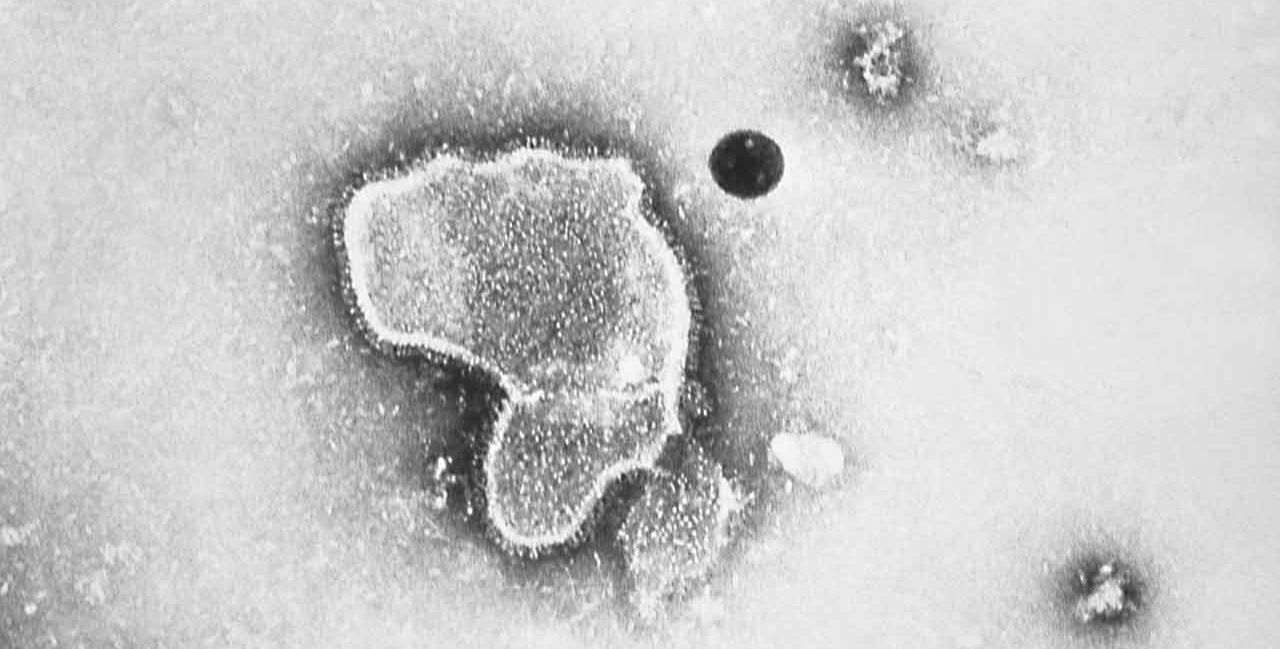Franklin Hospital issued the following announcement on Dec. 6.
Respiratory syncytial virus (RSV) infection is usually mild. But infants, seniors and the chronically ill can have severe respiratory syncytial virus symptoms.
Respiratory syncytial virus (RSV) infects the lungs and breathing passages. It’s such a common and usually mild infection, you may have experienced respiratory syncytial virus symptoms in the past and thought you simply had a common cold.
That’s because most healthy people typically develop only cold-like symptoms from RSV and recover in just a week or two. Unfortunately, that’s not true for everyone.
Respiratory syncytial virus can be serious and even deadly — especially for infants, the elderly, and people with chronic health problems.
While almost all children in the U.S. become infected with RSV by the time they are two years old, and most don’t suffer any serious illness from the virus, 75,000 to 125,000 American infants aren’t so fortunate. They are hospitalized each year due to severe RSV symptoms and complications, according to the National Institute of Allergy and Infectious Diseases. In all, RSV affects about 64 million people world-wide and causes 160,000 deaths annually.
Because RSV can sometimes be serious, it’s important to recognize RSV symptoms, understand respiratory syncytial treatment — and know when RSV needs extra medical care.
Respiratory syncytial virus symptoms
Signs of respiratory syncytial virus infection most often appear about four to six days after exposure to the virus. But RSV symptoms don’t appear all at once, according to the Centers for Disease Control and Prevention (CDC). Instead, they usually develop in stages.
Respiratory syncytial virus symptoms usually include:
A congested or runny nose
Coughing
Sneezing
Fever
Wheezing
A decrease in appetite
RSV symptoms may be different in babies, compared to symptoms in older children and adults. The only symptoms in very young infants may be irritability, decreased activity, and breathing difficulties.
Severe respiratory syncytial virus symptoms
RSV can cause severe infections in infants, including pneumonia and bronchiolitis, an inflammation of the small airways in the lung. In fact, RSV is the most common cause of pneumonia and bronchiolitis in children under the age of one.
The CDC points out RSV symptoms in very young infants (less than 6 months old) may not include fever, even though the babies are very sick. Infants’ potentially serious breathing problems due to RSV can include apnea (pauses during breathing, including during sleep).
In addition to elders and very young babies (especially premature infants), young children with congenital heart or chronic lung disease, children or adults with a weakened immune system, and older adults — especially those with heart or lung disease — are at higher risk for severe RSV infections, according to the CDC.
These infection symptoms are warning signs RSV has likely spread to the lower respiratory tract, potentially causing a serious health problem such as pneumonia or bronchiolitis:
High fever
Severe cough
Wheezing (a high-pitched noise that's usually heard on exhalation)
Rapid breathing or difficulty breathing, especially when lying down
Cyanosis (a blue tint to the skin due to lack of oxygen)
Chest muscles and skin pulled inwards with each breath (especially in children or infants), indicating a struggle to breathe
Respiratory syncytial virus treatment
There is no specific respiratory syncytial virus treatment, although researchers are working to develop anti-viral medication that may help in the future, the CDC explains.
Healthy infants and adults who have respiratory syncytial virus infections can typically be treated at home. Usually, for non-severe infections, fever and body aches can be relieved with over-the-counter fever reducers and pain relievers like aspirin, acetaminophen, or ibuprofen. To prevent dehydration, it’s important for people with RSV to drink plenty of fluids.
Most people with RSV infections usually recover in a week or two, although some may experience continued wheezing for a while. However, you should contact your doctor for advice on treatment, especially if symptoms are increasing in severity. Very young babies, elderly adults and anyone else with RSV who develops trouble breathing or significant dehydration may need to be hospitalized, at least for a few days.
The CDC urges seeking immediate medical attention if your child or anyone at risk of severe RSV infection has a high fever, difficulty breathing, or has blue-tinged skin, especially on the lips and in the nail beds. These warnings of severe and possibly life-threatening RSV infection need emergency treatment.
Original source can be found here.

Source: Franklin Hospital

 Alerts Sign-up
Alerts Sign-up